The Case Against Reusing Solar Panels in Australia: A Growing Concern for Safety, Performance, and Sustainability.
As Australia continues to lead the global shift toward renewable energy, the solar industry faces a critical question: What should be done with aging or decommissioned solar panels? While reuse might initially seem like a sustainable, cost-effective solution, there are significant practical, economic, and environmental concerns that make this option unviable at scale. Increasingly, industry stakeholders are concluding that responsible recycling offers a far more strategic path forward.
1. Performance Degradation and Warranty Limitations
Solar panels naturally degrade over time, with most losing around 0.5–1% efficiency annually. By the 20- to 25-year mark, many panels are operating below 80% of their original capacity. Reusing these panels in new installations results in compromised energy output and inconsistent performance.
Moreover, reused panels typically lack warranty coverage, exposing end users and installers to greater long-term risk. Without verified manufacturer support, issues such as early failure or electrical faults become costly liabilities.
2. Safety and Regulatory Compliance Risks
Australia enforces strict electrical safety standards for renewable energy systems. Reused panels—especially those from unknown sources—often cannot meet these requirements without extensive testing and recertification. The absence of traceable installation histories, performance records, and serial-level traceability further compounds the risk of fire hazards, electrical faults, and insurance complications.
3. Economics: Marginal Savings Undermine the Case for Reuse
In large-scale solar installations, the cost of the solar panels themselves typically represents only 20–30% of the total project cost. Labor, mounting infrastructure, inverters, grid connections, and certification make up the majority of expenses. Therefore, even if second-life panels are sourced at little or no cost, the overall savings on a new system are minimal—often less than 20%.
When factoring in the cost of recovering, transporting, testing, certifying, and reselling used panels, the financial benefit diminishes further. In most cases, these marginal savings do not justify the increased operational risk and reduced performance associated with reused panels.
4. Environmental Responsibility and Global Impact
Although reuse may seem environmentally friendly, exporting aging panels or reselling them for marginal applications often delays their proper disposal. Many of these panels end up in developing countries without the infrastructure to safely manage electronic waste.
Recycling, by contrast, enables recovery of valuable materials such as silicon, aluminum, silver, and copper, reintroducing them into the manufacturing cycle. This approach supports circular economy goals and aligns with Australia’s broader sustainability targets, including the emerging framework for Extended Producer Responsibility (EPR) in the solar sector.
5. Oversupply Challenges and Limited Reuse Demand
Australia is expected to generate more than 100,000 tonnes of solar panel waste annually by 2035. The second-hand market is not equipped to absorb this volume. Without a viable reuse outlet, panels are at risk of stockpiling, illegal dumping, or unregulated disposal.
A national recycling infrastructure is urgently needed to manage this growing waste stream—and ensure that Australia maintains its leadership in renewable energy with responsible end-of-life solutions.
Conclusion
While reuse might seem attractive in theory, in practice it delivers limited value and introduces considerable risk. With marginal cost savings, compliance complications, and environmental concerns, second-life panels are not a sustainable solution for Australia’s solar future. Strategic investment in high-quality, certified recycling—such as services provided by SOLAREC—represents the safest, most economically and environmentally sound path forward.
Contact us today for further information on disposal and recycling solutions of used PVs.

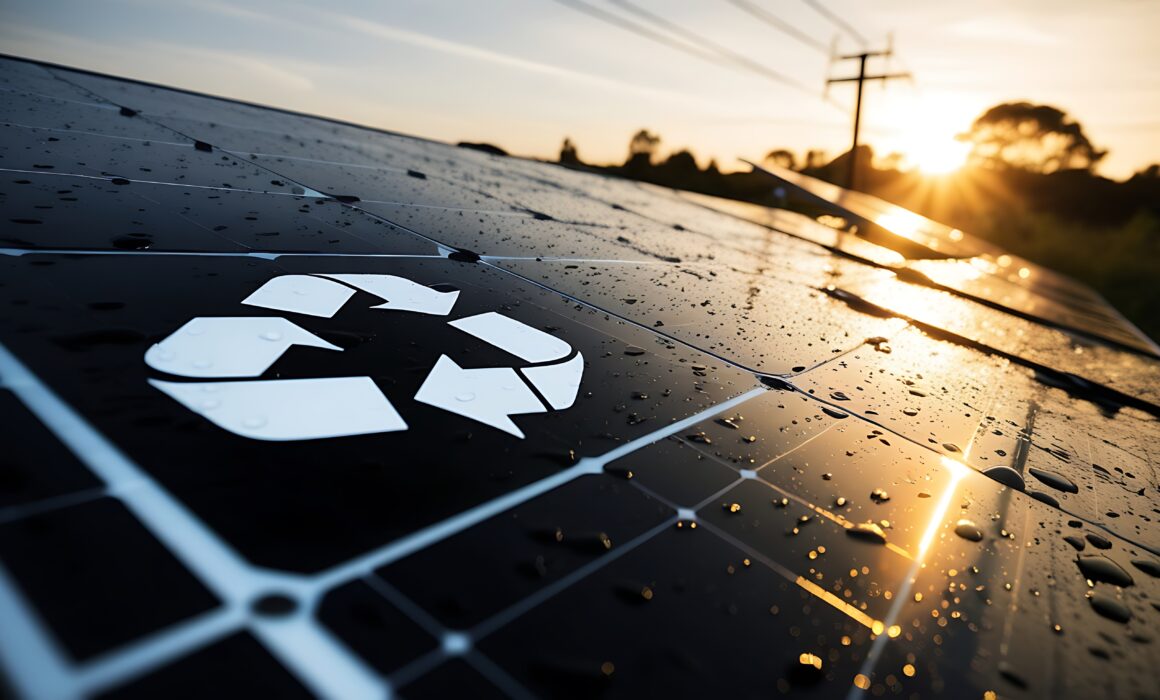
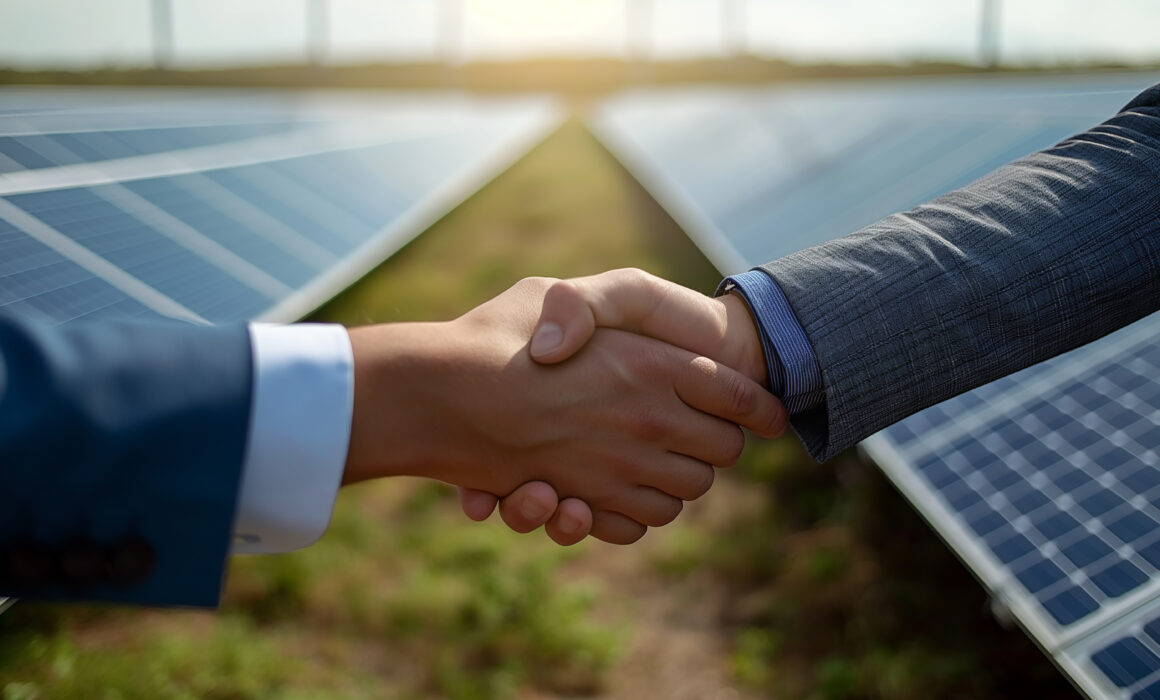

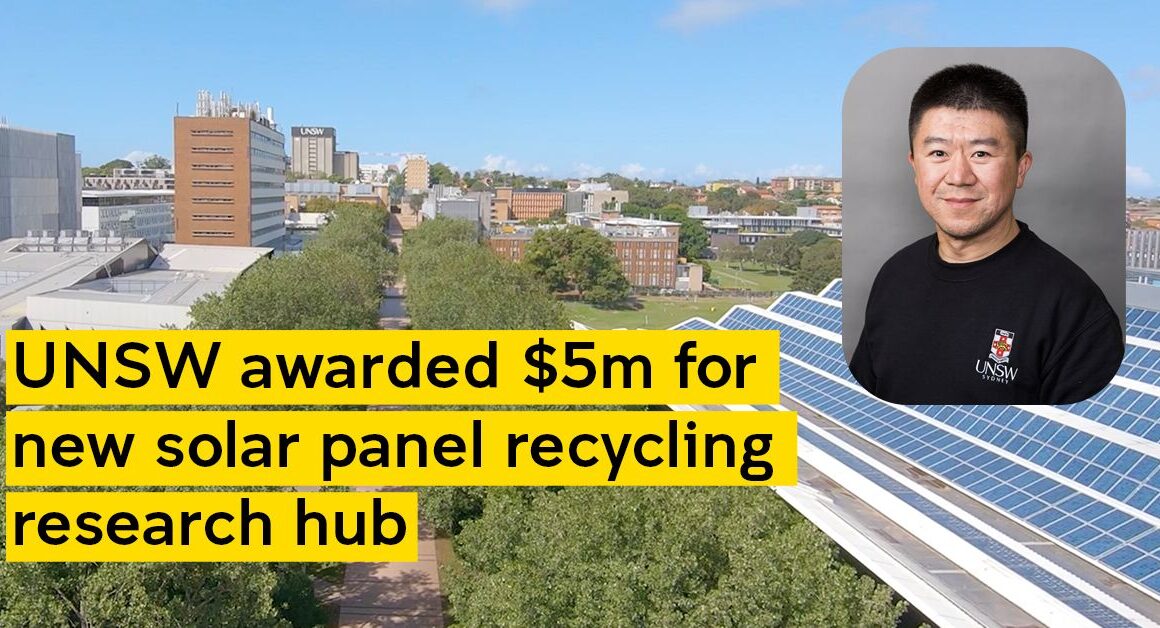
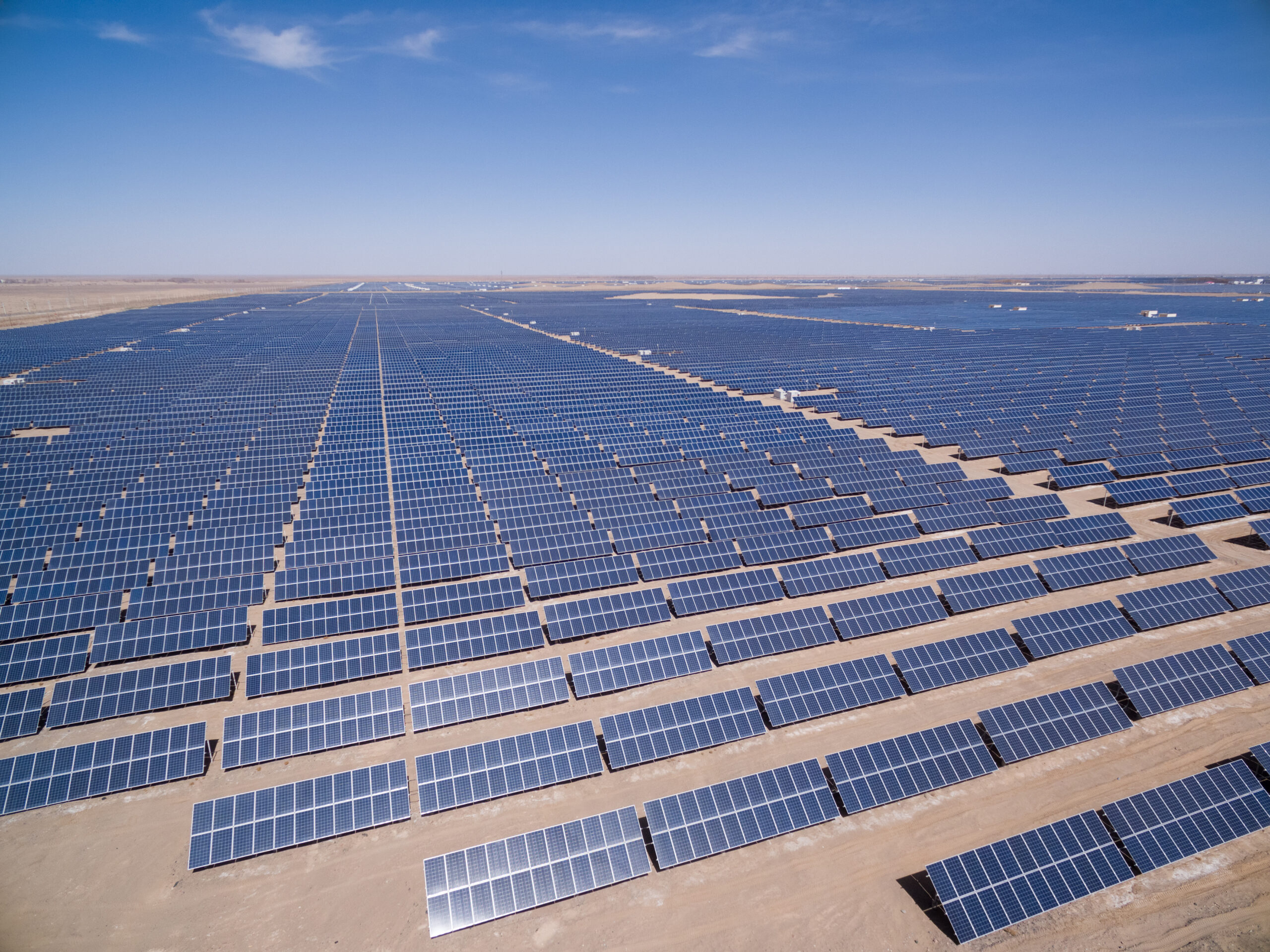
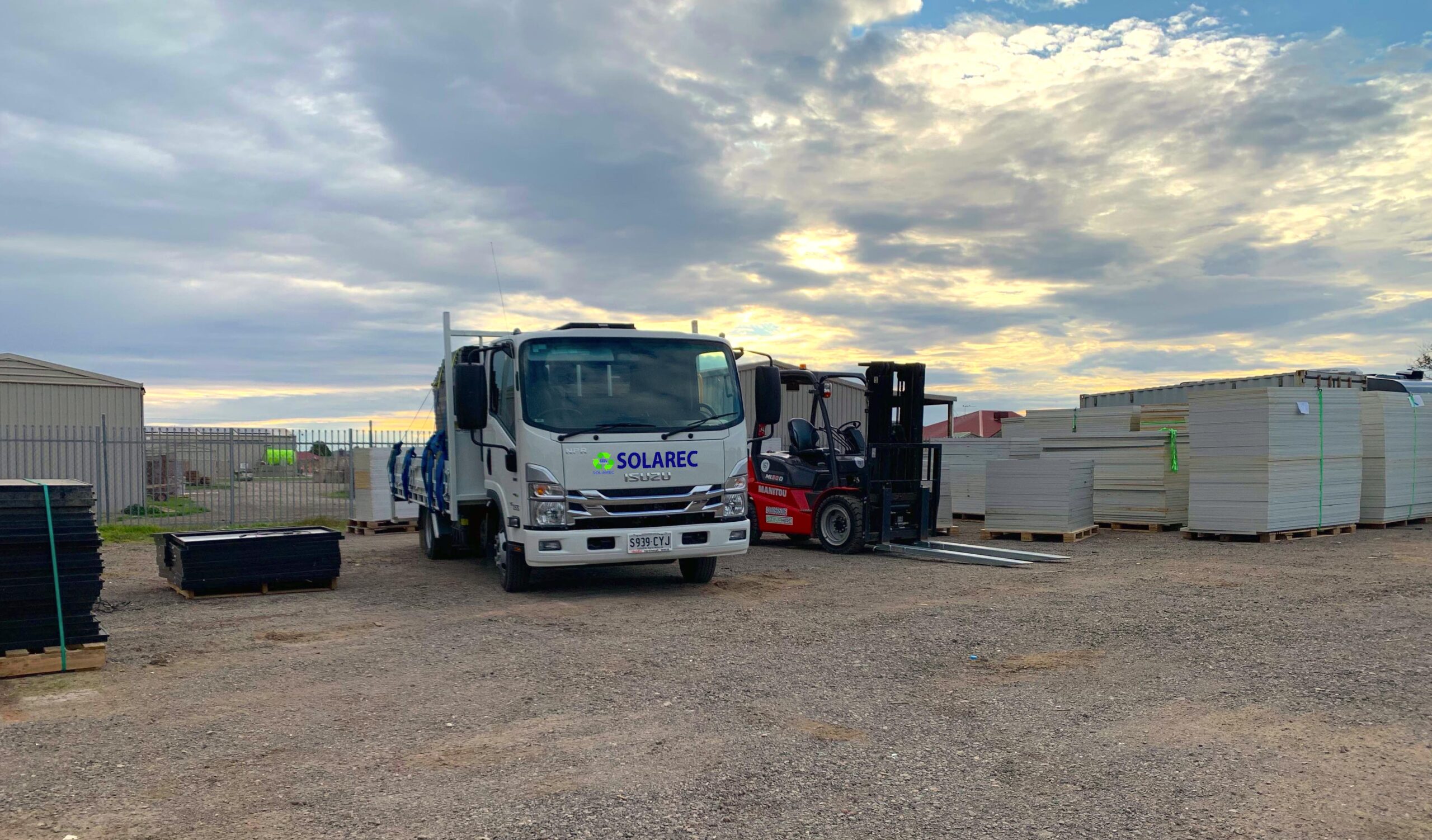
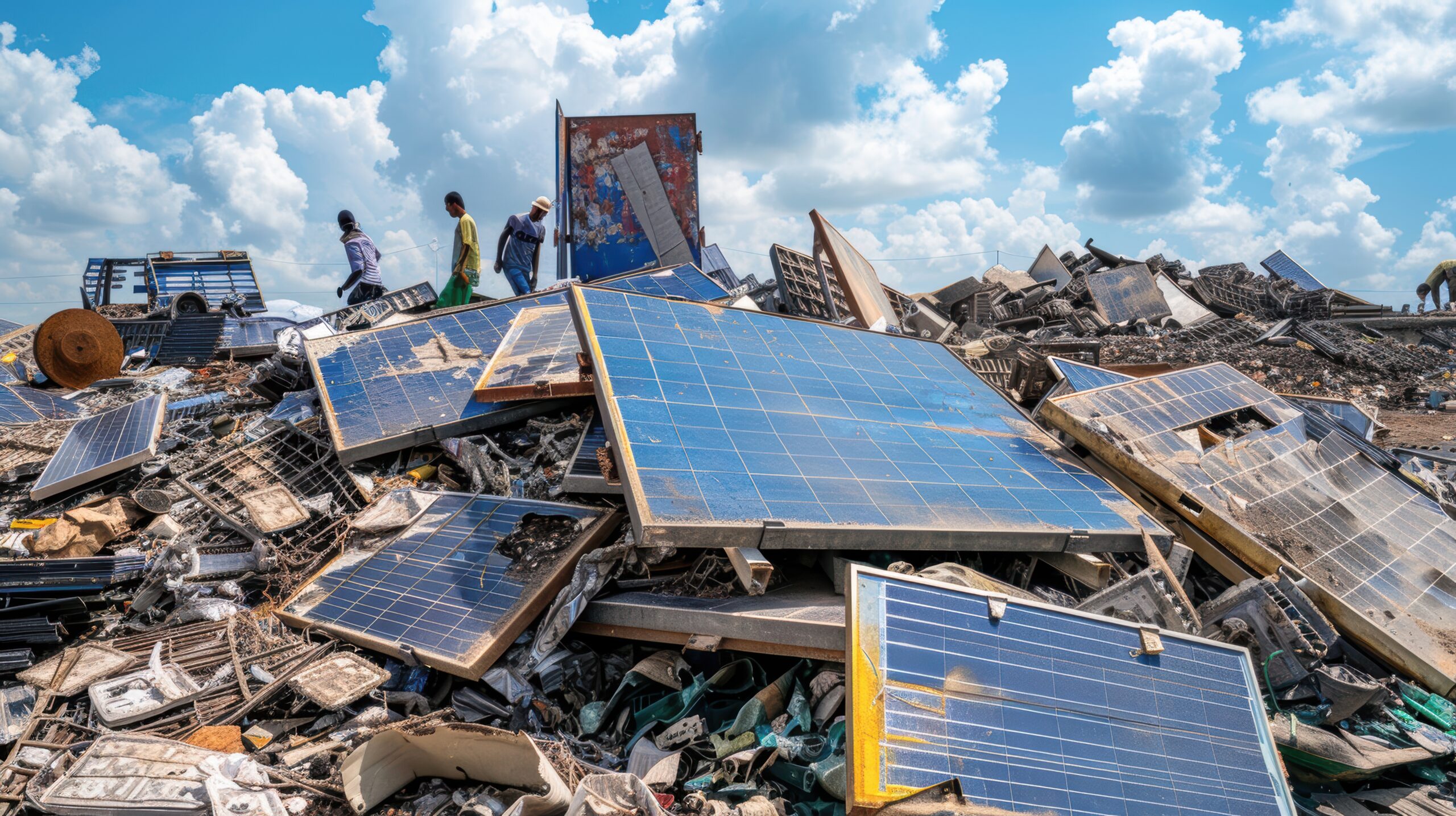
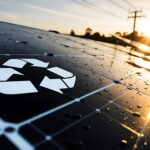


Recent Comments